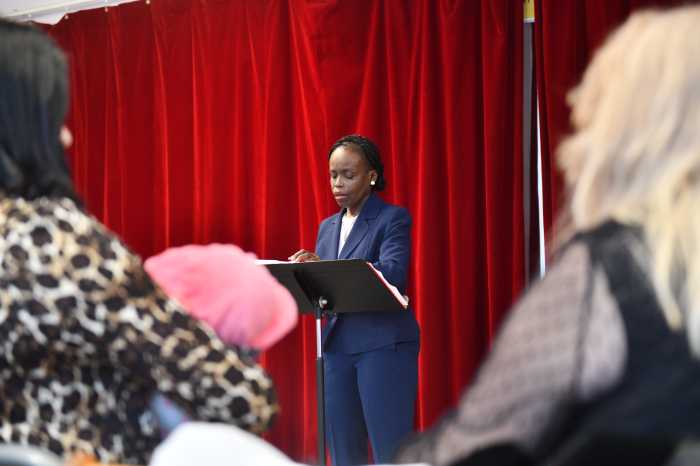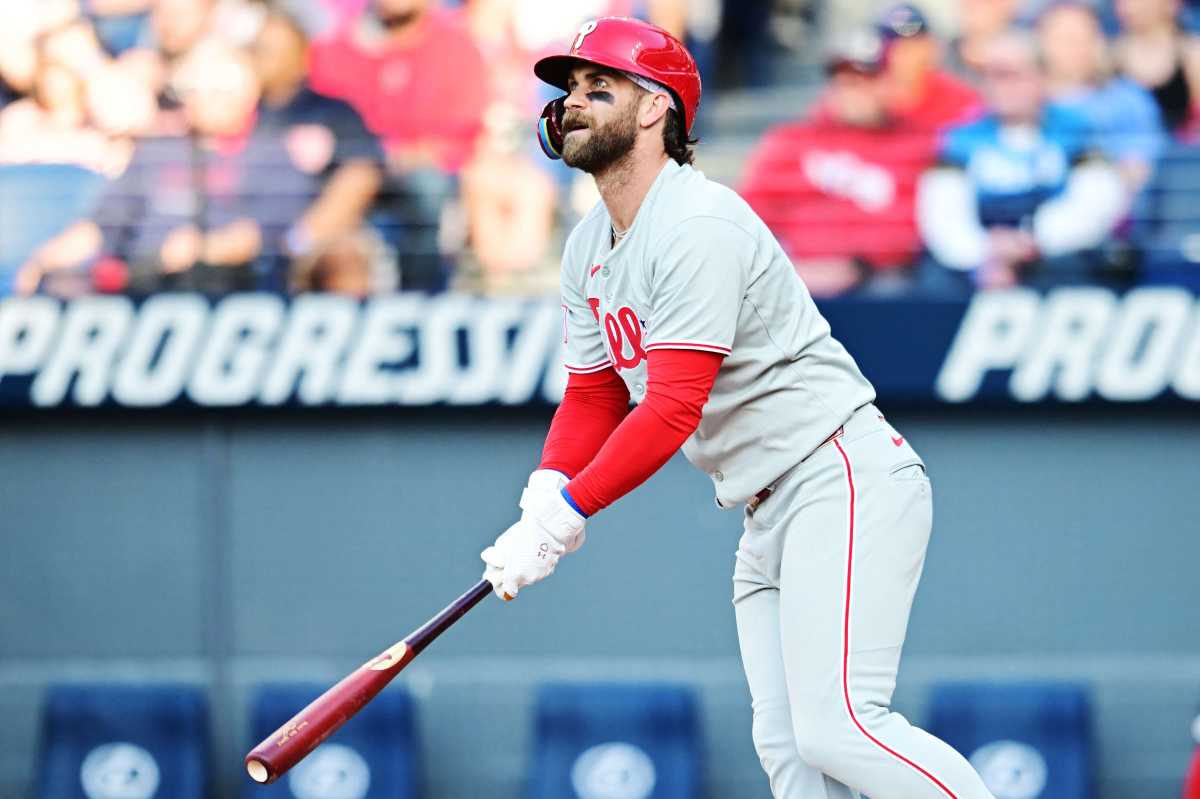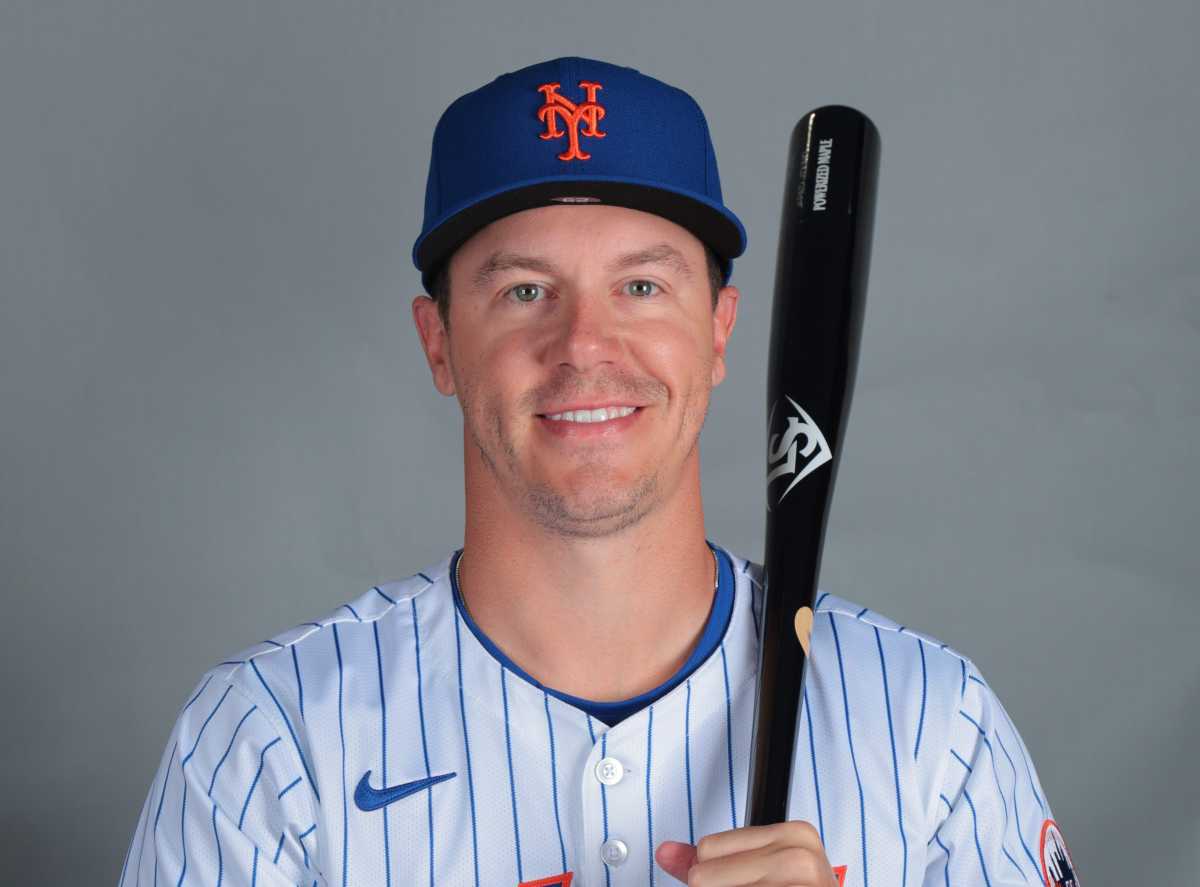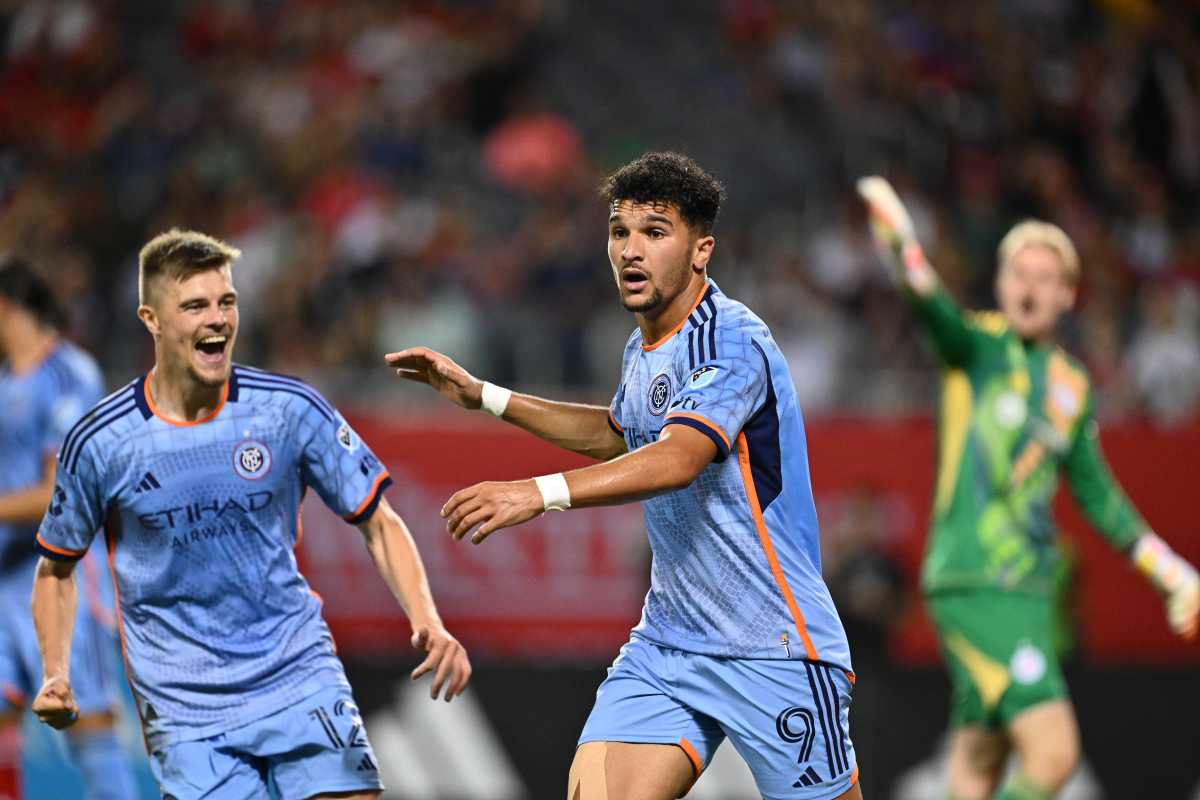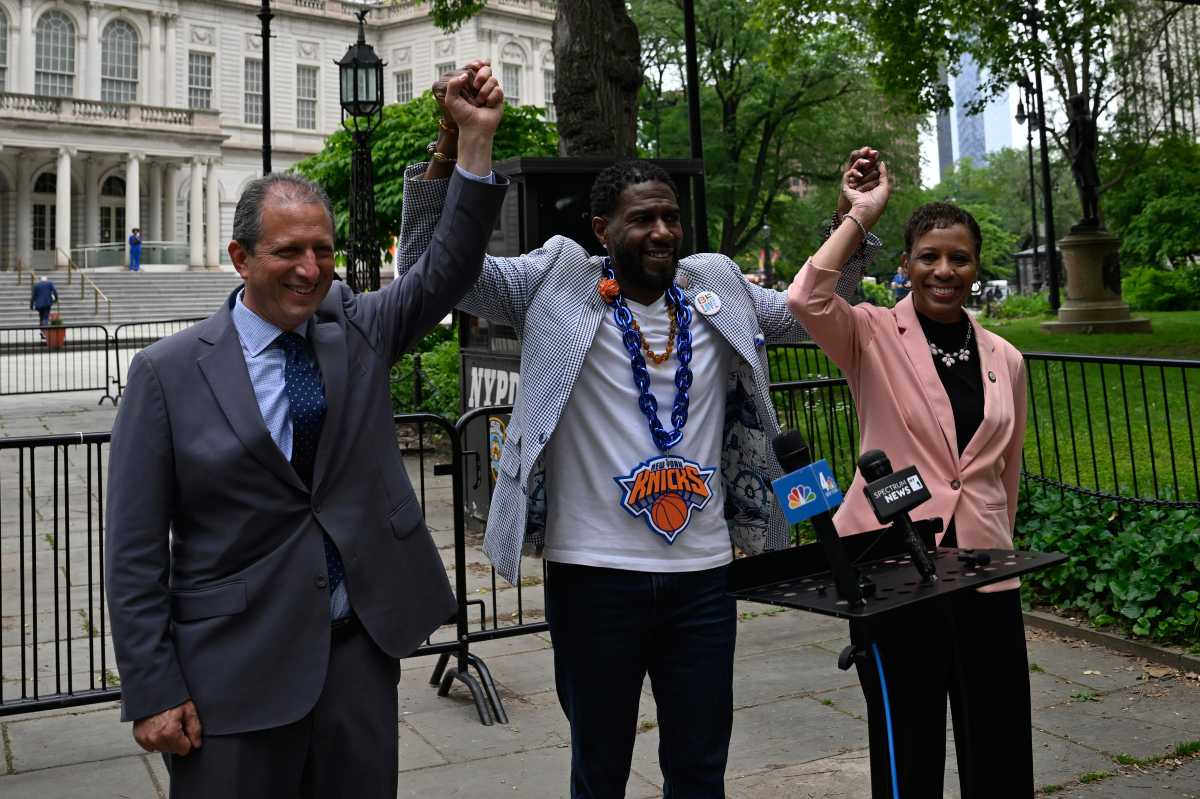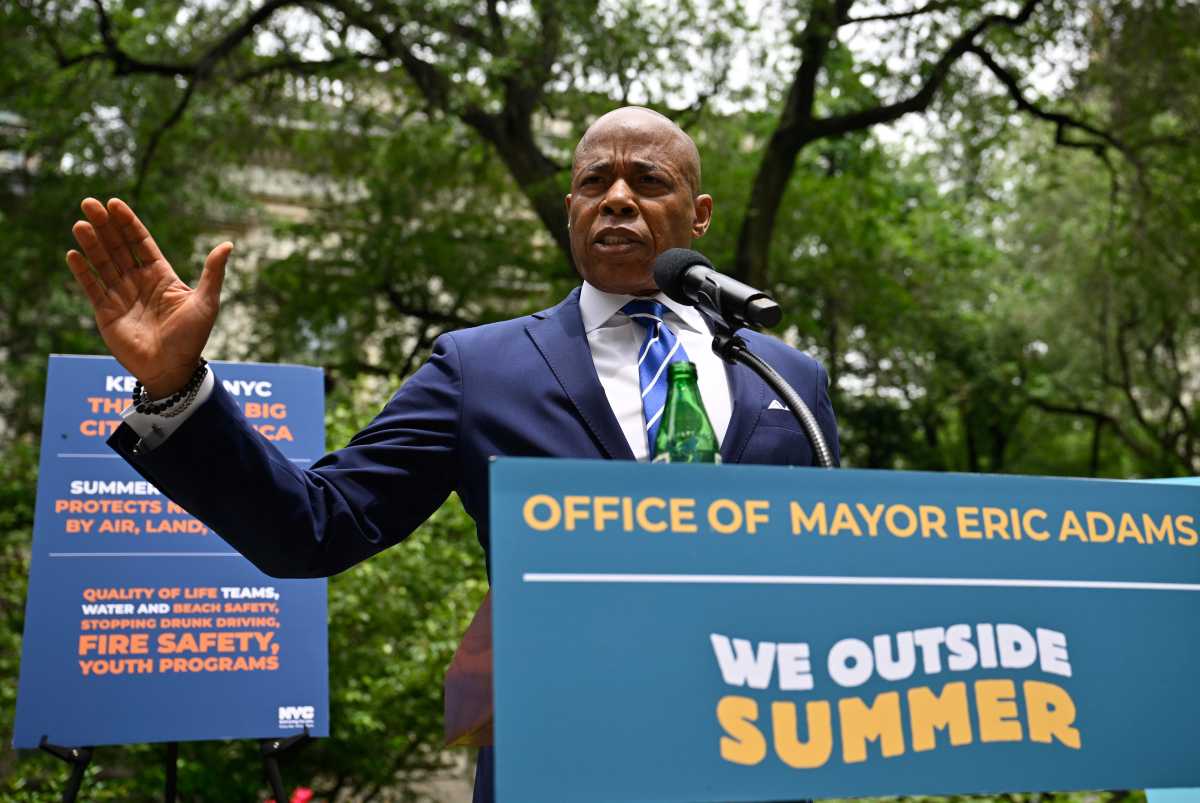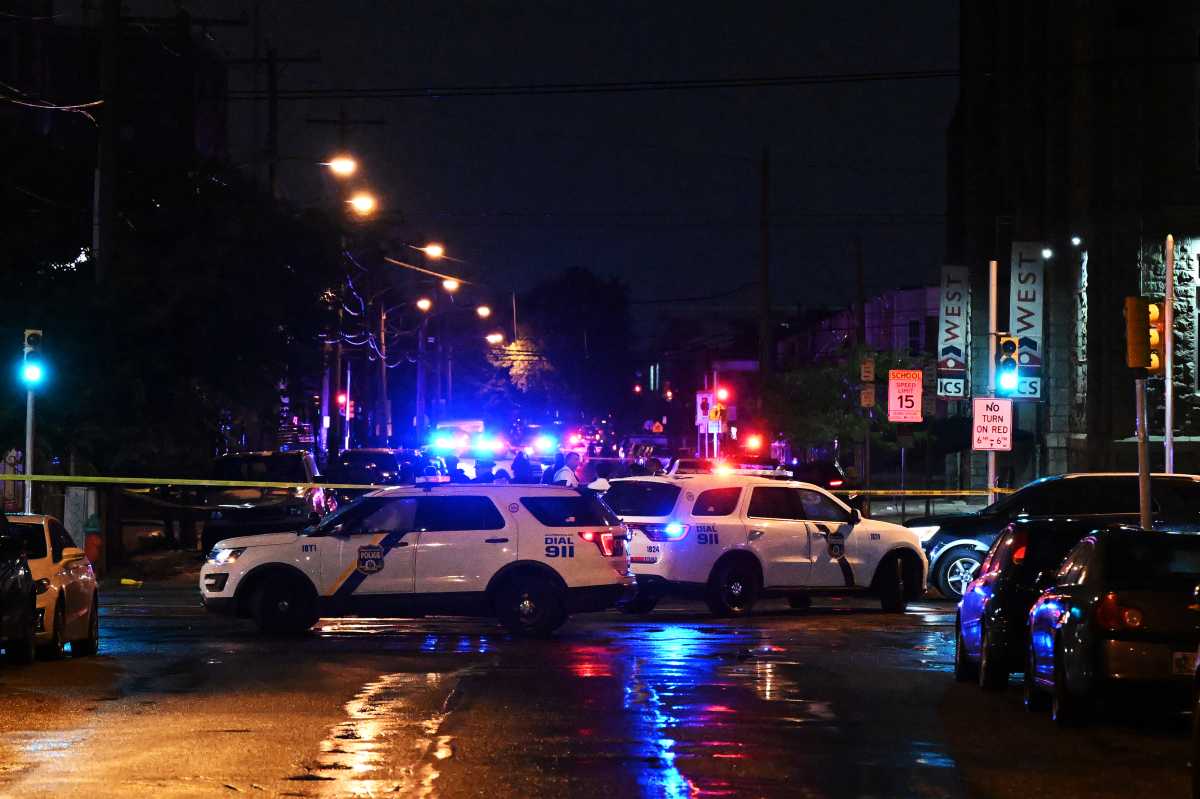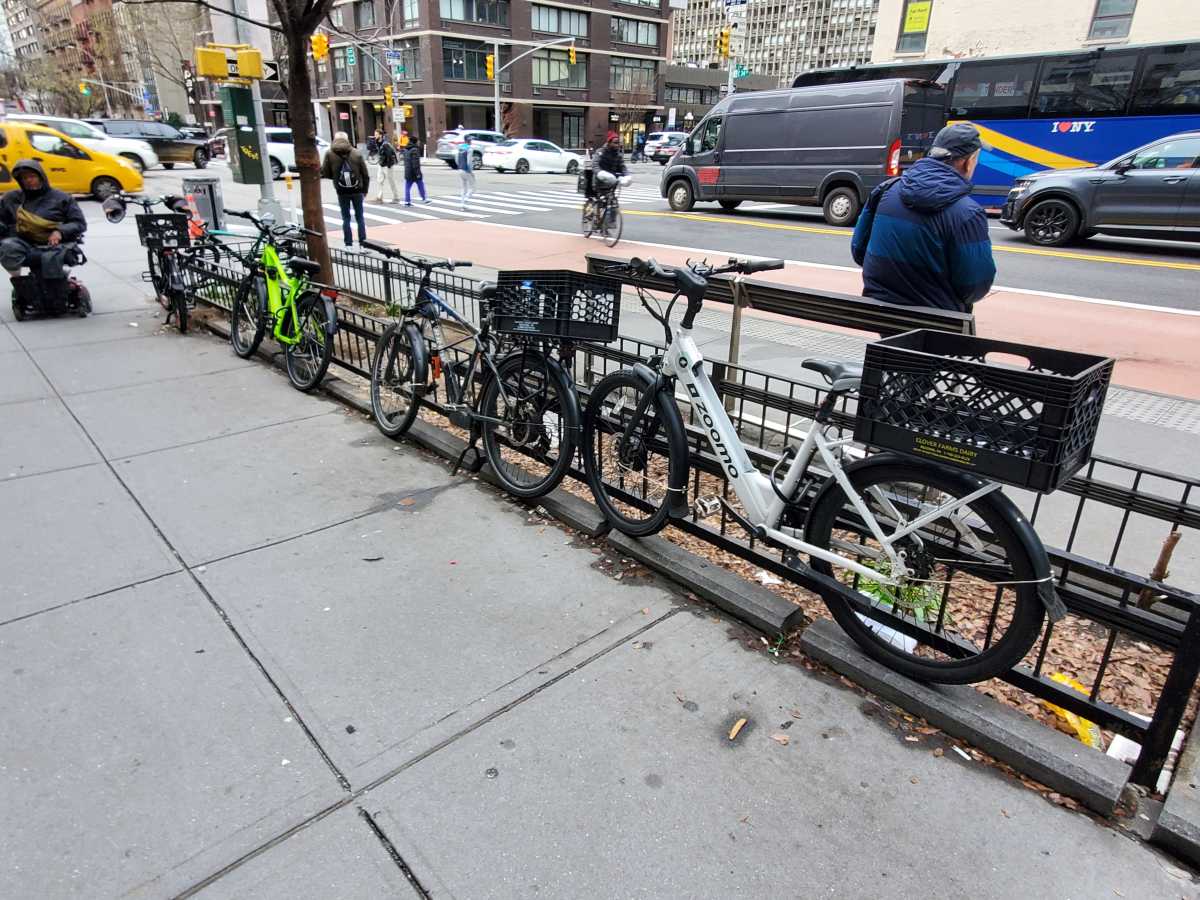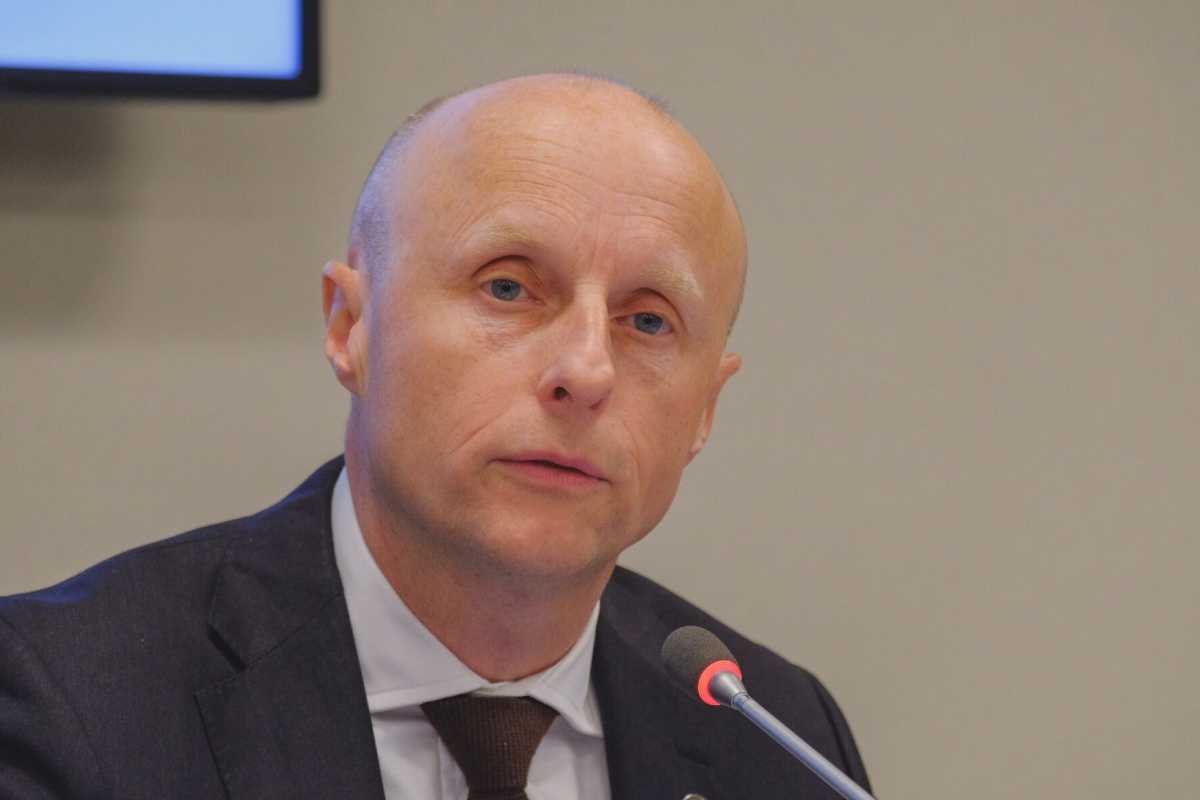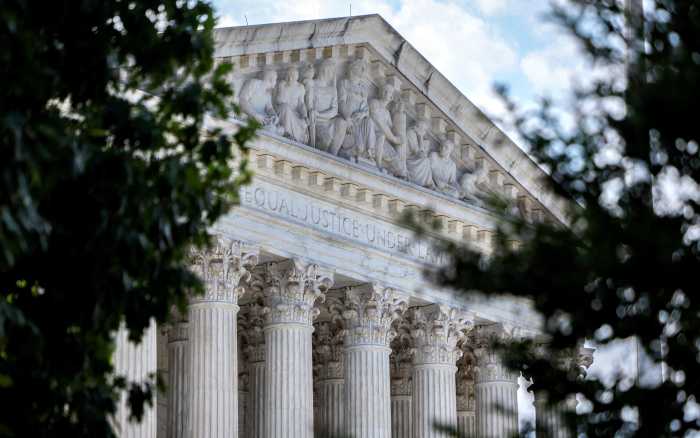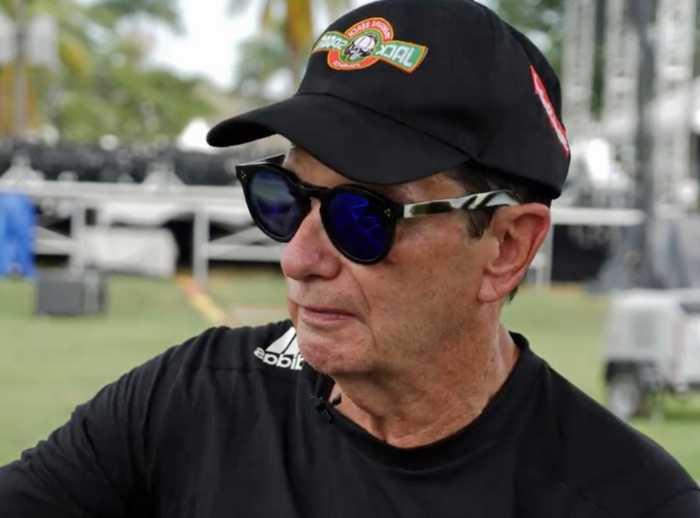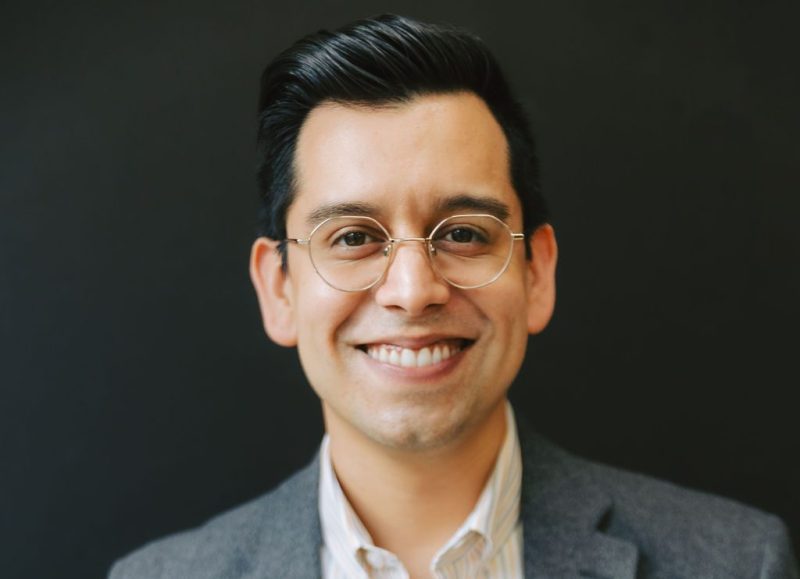 Spike Lee’s first big budget film since 2008’s “Miracle at St. Anna” is the remake of the South Korean cult classic “Oldboy.”
Spike Lee’s first big budget film since 2008’s “Miracle at St. Anna” is the remake of the South Korean cult classic “Oldboy.”
Credit: Getty Images
Spike Lee has directed five films since the 2008 bomb “Miracle at St. Anna,” but none have been a big, Hollywood production. “Oldboy” changes that. Based on Park Chan-wook’s 2003 South Korean cult sensation — about a man mysteriously imprisoned for 15 years then even more mysteriously released — it was at one point intended for Steven Spielberg and Will Smith. Lee, who directs Josh Brolin in the lead role, isn’t the first person you’d think to helm a vengeance thriller. But as with “Inside Man,” he works to make the genre, and the remake, his. Then again, don’t call it a remake.
What do you call it?: “We’re not doing a remake, we’re doing a reinterpretation. Before Josh Brolin agreed to do the film, he met with Park, and asked for Park’s blessing on the film. And Park gave his blessing and said, ‘Make your own film, don’t make ours.’ So we tried to give our interpretation of a great film.”
On it not deviating too far from the original: “If it had been radically different then we would not have been respecting the original source. You have to come in humble. We never came in thinking, ‘We’re going to dismantle the original and just make it better.’”
Would he be comfortable with someone else remaking his own films?: “Nope.”
Has anyone ever approached him with such an offer?: “Nope.”
On Sharlto Copley, who plays the villain: “Great actor. When I saw ‘District 9,’ I said ‘Who is this guy? I want to work with him.’ He has a lot of ideas. Sometimes with ideas, you don’t hear the right one. But you gotta hear it, because somewhere along the line, you’re going to hear the one that works.”
On the villain not being just a villain: “He’s a monster — but you understand him. In the flashback [at the end] you understand why he became that person that he was. Without giving it away, what happened to him as a child — that breaks you. It breaks your spirit, it breaks your soul, and it’s very hard to recover from that. The audience had to understand how he became that person, even have some sympathy for him — even though he’s not a nice guy.”
On shooting in New Orleans: “It’s supposed to be a non-descript city. There’s no one outside of New Orleans who could look at that film and say it was shot there if they don’t read it in end credits. Chinatown doesn’t even exist there. That was the big problem. The only reason we were shooting in New Orleans was because it has the biggest tax rebate. It’s all about the tax rebate. New Orleans being such a distinctive look — that was the number one problem. It can’t look lie anywhere. It can’t look like New Orleans.”
His cryptic response to it being credited as “A Spike Lee Film,” not “A Spike Lee Joint”: “It’s a tough business.”








